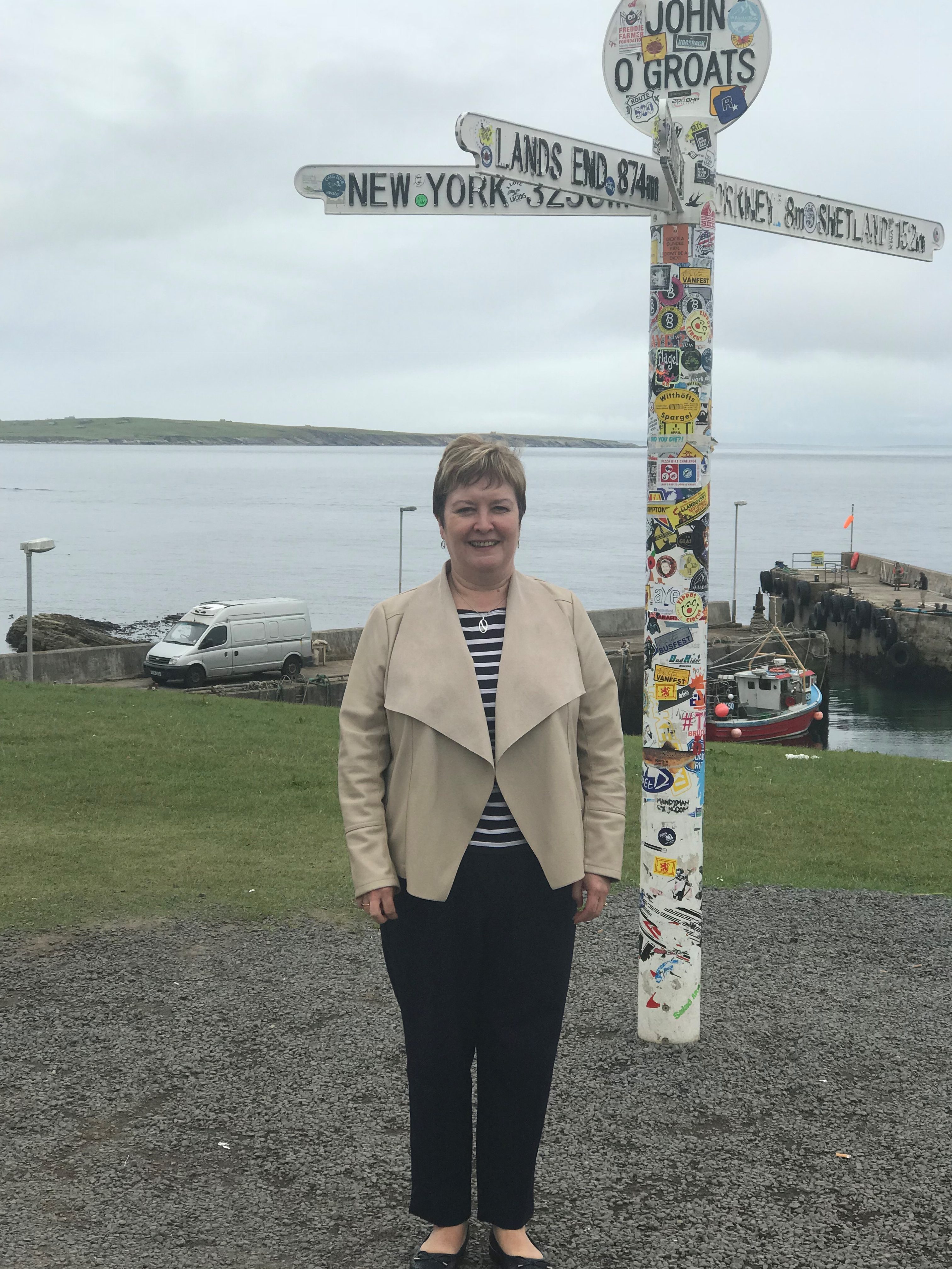Highlands and Islands Labour MSP Rhoda Grant has quizzed Rural Economy and Tourism Secretary, Fergus Ewing, on how the Scottish Government is going to tackle residents’ concerns about dirty camping and future tourism pressure on Highlands and Islands communities.
In answer to a Parliamentary Question, Mr Ewing said a multi-agency group, which met in September, will report back in November to look at solutions and make recommendations to Ministers.
The group will address two themes, education, engagement and enforcement and a national visitor management plan, along with the provision of visitor facilities, Mr Ewing said.
Mrs Grant said: “While it’s good that this group is meeting and plans to consult with other interests, including the private sector, it is worrying that Mr Ewing has stressed adequate service provision is ultimately for the local authority or national park authority involved.
“Councils and public agencies in our region were already struggling with their finances before this pandemic hit and the extra stress caused by Covid-19 will further tie their hands to invest in solutions.
“Communities and local businesses want the Scottish Government to hear their voices on this issue and want to be assured that next year there are solutions and infrastructure in place to relieve pressure on pinch points such as the NC500 and on the Western Isles.”
Ends
Note for editors the PQ reply
SCOTTISH PARLIAMENT
WRITTEN ANSWER
26 October 2020
Index Heading: Economy
Rhoda Grant (Highlands and Islands) (Scottish Labour): To ask the Scottish Government what actions were agreed as a result of the meeting convened by the Cabinet Secretary for Rural Economy and Tourism on 14 September 202 with public agencies to discuss issues associated with camping, pressure on rural communities and the local environment, particularly in relation to the Highlands and Islands.
S5W-32106
Fergus Ewing: The group agreed to identify how public bodies, communities and national park and local authorities might work closer to identify long term solutions to visitor management at rural pinch points and scenic areas.
The group agreed to consult with wider interests, including the private sector, and to identify solutions and make recommendations to Ministers along 2 workstreams – one aimed at addressing education, engagement and enforcement and one to examine a national visitor management plan and an overview of collective visitor facilities provision. This group will report back in November.
While the responsibility for adequate service provision is ultimately for the local authority or national park authority involved, we recognise that many areas of rural Scotland have seen an uplift of visitors in recent years. This group will therefore build on the work of the successful £9m Rural Tourism Infrastructure Fund which has helped realise material solutions at rural pinch points through the installation of infrastructure such as car parks, toilets and motorhome waste disposal points.
The group agreed to identify how public bodies, communities and national park and local authorities might work closer to identify long term solutions to visitor management at rural pinch points and scenic areas.
The group agreed to consult with wider interests, including the private sector, and to identify solutions and make recommendations to Ministers along 2 workstreams – one aimed at addressing education, engagement and enforcement and one to examine a national visitor management plan and an overview of collective visitor facilities provision. This group will report back in November.
While the responsibility for adequate service provision is ultimately for the local authority or national park authority involved, we recognise that many areas of rural Scotland have seen an uplift of visitors in recent years. This group will therefore build on the work of the successful £9m Rural Tourism Infrastructure Fund which has helped realise material solutions at rural pinch points through the installation of infrastructure such as car parks, toilets and motorhome waste disposal points.

